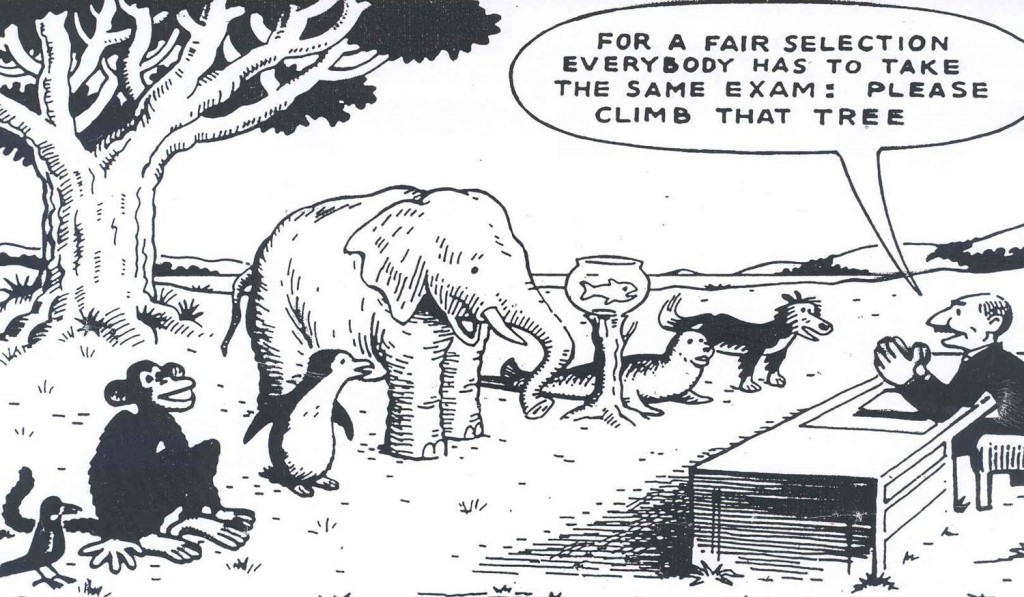At the University of West London, you are encouraged to make use of a wide range of assessments. It is also important that you give formative feedback (feedback that students can use to improve their work). Assessments should always be aligned to clear learning outcomes and learning tasks/activities.
Feedback is one of the most important aspects in the learning. It is also one of the most difficult tasks for a lecturer. Key principles for giving feedback are:
- It should be clear and constructive
- It should be encouraging
- It should be directive – include three actions students can focus on in order to improve their work.
Marking
At the University of West London, students are entitled to receive feedback on their work within 15 working days. If an assessment is summary, 20% of the submissions should be second marked (in the case of master’s dissertations ALL dissertations must be double marked). In addition to second marking, work must also be moderated. A moderation report should be submitted to the external examiner, clearly showing the process for second marking and moderation and how agreement on outcome has been achieved.

The seven principles of good feedback:
- Facilitates the development of self-assessment and reflection in learning
- Encourages teacher and peer dialogue around learning
- Helps clarify what good performance is
- Provides opportunities to close the gap between current and desired performance
- Delivers high-quality information to students about their learning
- Encourages positive motivational beliefs and self-esteem
- Provides information to teachers that can be used to help shape the teaching
(Nicol and McFarlane-Dick 2004; 2006)
What if...
- What if… Instead of asking students to study a course then sit some kind of assessment, the assessment is for them to design a course. Then there would be no need for didactic teaching and no need for ‘bolt on’ assessment.
It's good to have a range...
- It’s good to have a range of assessment but don’t try to do everything in one single module/unit. Work with colleagues to plan diverse assessments at course/curricular level.
Authentic assessment...
- The best way to test if your assessment tool is authentic is to imagine students undertaking the assessment with full access to books, discussion and the internet.
Products and processes...
- Assessment that focuses on the product (answer) relegates the significance of the process. Help students understand that learning ‘how’ is more important than learning ‘what’
Flipped assessment...
- Let’s try ‘flipped assessment’ where students design assessment tasks and marking guides – based on learning outcomes you share with them.
Future learning...
- Assessment shouldn’t be the end of learning. Try to see assessment as something that is beneficial to students’ future learning.
Marking Guidelines for students with Specific Learning Difficulties (SpLD)
Please see the document here.

